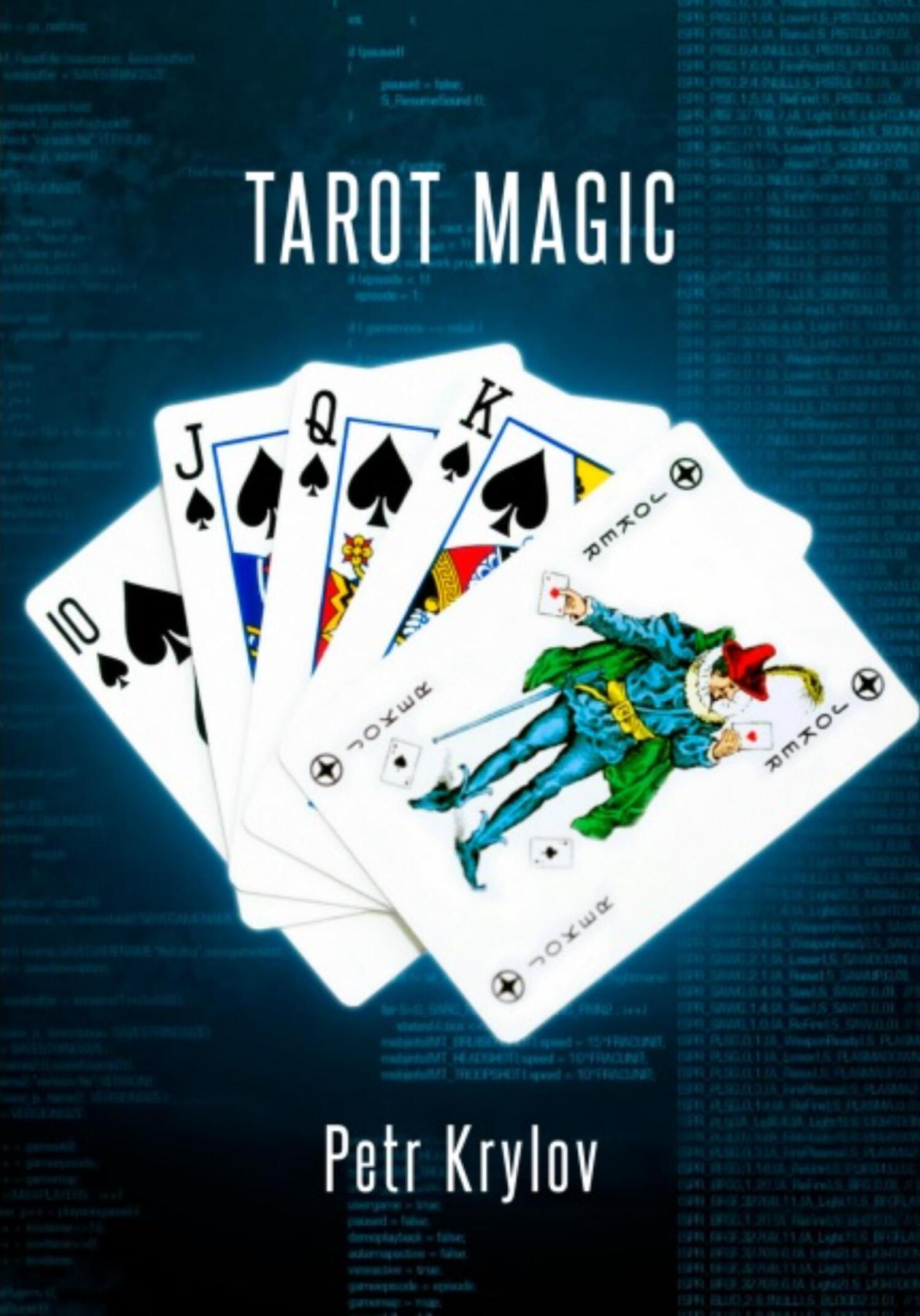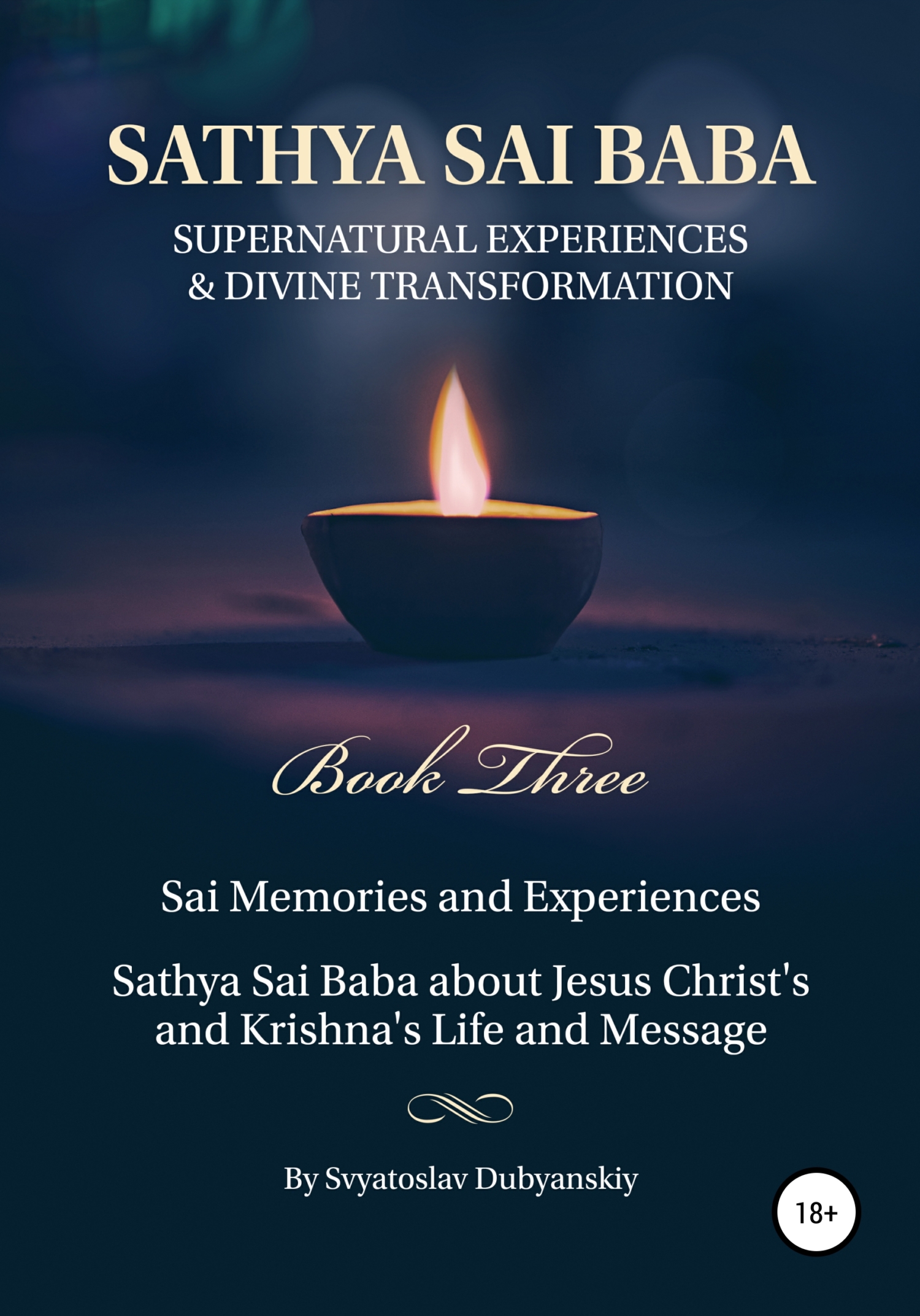success, for it is ambitious people that do.
There’s a certain secret to it, and in fact it’s a property of human consciousness. You can look at thousands of things, but you can only see those that your eyes search for, and once you see them, you just keep on looking at them. That’s as simple as that, and everyone knows it, but…
…Duck hunters know a funny thing: a duck shot while flying falls into the grass, and as the duck falls, the hunter mechanically follows its path with his eyes. Every hunter sees the spot the duck has fallen onto and then goes there to pick it up, but they won’t find it unless they look steadily at the spot as they approach it.
But if they only remember the spot approximately and go searching for the duck on the just assumption that their six to eight pounds of brains guarantee locating a lousy duck in the grass, ninety-nine percent of them will never find it, dead or not dead.
Why do they find no duck? The duck can’t have crawled away to heaven, right?
2. If you look away from your initial goal and start to have your doubts when you’re half way there, you’re not likely to succeed — remember what happens to the cat when it freezes in front of the speeding car.
But the overwhelming majority of people doubt things all the time. THINGS… AND PEOPLE… but why?
There’s a good saying that cowards die many times before their deaths.
And if you ask women, who in fact stand behind the natural selection of homo sapience males, what a “cool” man is, they’ll give you thousands of answers, but each will be sure to mention confidence.
Confident is an antonym for tentative. Women believe that a man can be anything — a sadist, a murderer, a bastard, a pauper — and still be attractive to them. But strip a man of his confidence, and no woman will ever look his way.
The instinct of selecting a potential mate unerringly tells a woman that a male lacking confidence will achieve nothing — he has no prospects.
Hero, the laughing stock of the neighborhood, can only be a hero for a girl who’s a laughing stock herself. People of this kind never make it unless they’re characters in a book, a drug for losers. In real life, someone who is confident scares predators away with their confidence alone.
That’s why little kids (and professional dog trainers) can, without an ounce of fear, approach a big mean dog to pet it (unless the dog is chained up). Their absolute faith and fearlessness don’t provoke the dog to bite them.
“If you had faith even as small as a mustard seed, you could say to this mountain, ‘Move from here to there,’ and it would move.” Let me just add that faith is not a thought nor kung fu theory but the special state that stalkers learn first, a real feeling as opposed to mumbling, “I do believe, I do believe, I do!”
To those with extrasensory perception skills, one can simply say that energy is perception, the twenty-second Tarot trump (the Fool), the dude with a bindle, looking up to the sky to see his way up there, not down on Earth.
This Arcanum is the beginning and the end of Tarot studies.
It is this Arcanum that describes stalking on Earth.
And it is its energy and the perception of it that yield faith and all the resulting consequences, including the blinding bulletproof white-teeth smile.
“Fools get all the luck,” as the Russians say.
And that’s quite true.
They sure do!
By the way, in the runes, this Arcanum corresponds to Raidho.
Chapter 6. What’s it mean… ormagic gray, white, and speckled reddish-black pink
We’re getting closer and closer to the secret stalking techniques. The ones that let you control the future with your strict yet definitely just hand. But first let me give you a little preface. Don’t worry — just five or so lectures more and you’ll be right in the swing of all things stalking. How would you like a symphony without an overture? You wouldn’t have the luxury of running half an hour late or the time to go to the snack bar or preen yourself in the mirror.
So, before we get down to the nitty-gritty of stalking, we need to understand which kind of magic stalking is. Here’s an interesting thing, though: we’ve yet to see a clear classification of magic as such. This leaves us the one option of sorting out the mess that is the existing magical literature. First of all, I have to say that magic is the work of the worm, or the superlarva, that lives in everyone’s spine. The worm is called Kundalini. All the tricks of magic are his doing (or “their” if the magician belongs to several religions). Every magician’s (medium’s, sorcerer’s, witch’s — you name them) Kundalini works out through chakras and the colors corresponding to them.
Here are the basic colors of an awakened Kundalini (and the colors of magic and chakras involved):
Red — through the first chakra, Muladhara, the center of health and power (making you able to, say, lift a 1,000 lb weight).Berserkers, knights, and other murderers of minors.
Orange — through the second chakra, Svadhisthana, the center of sexuality, emotions, perception, and speed. It enables you to hear the grass grow, run faster than the wind, and live out your most time-consuming sexual fantasies. E.g., witches, sorceresses, ninjas, and tantrics.
Yellow (not to be confused with golden) — through the third chakra, Manipura, the center of clear thought and guidance. E.g., hypnosis, telepathy, control of animate and inanimate nature. E.g., yogis, chan buddhists, conjurers, and hypnotists.
Green — through the fourth chakra, Anahata, the center of love, unity, and holiness, used for spellcraft and transformation. E.g., spellcasters, sorcerers, saints, and mediums.
Light blue — through the fifth chakra, Vishuddha, the center




